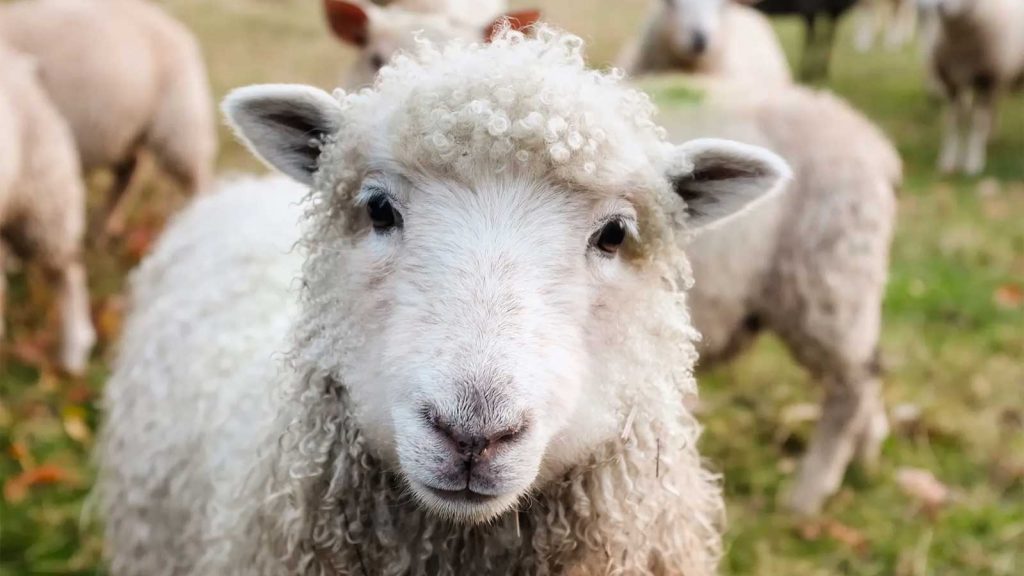
1. Provide sufficient shelter This should including protection from all weathers, and growing tree belts around the area you intend to stock sheep. Plants belts of fast and medium growing trees around the area to be protected. Use European oaks or ash. Apple pear and nut trees which are all edible to sheep, as well as all pine trees, the needles dead or alive are all palatable and contain minerals. Other trees to consider include all the eucalypt and wattle families, together with elms and poplars
2. Provide sufficient copper in the diet, otherwise these wonderful trees will get ring barked by your sheep!
3. Provide water stations sufficient for your numbers; keep them clean, free of leaves, debris and algae.
4. Provide copper sulphate blocks within this drinking water, provides not only essential copper but also helps to keep the water clean
5. Supply some form of lick, all year round, either in the form of a powder (free choice) a lick block containing essential minerals or a "rolling licker" for liquids. Keep these topped up regularly and observe the consumption over the year.
6. Consider supplementary feed during tough times of drought.
7. Keep sheep clean and free of blow fly etc Attend to any problems properly and quickly
8. Provide protection during lambing from fox's, using some of the many deterrents available today.
9. Drench your sheep regularly, if using a natural organic sheep drench, do this as often as possible, using low dose rates frequently, rather than heavier dose rates less often.
10. Make sure you have some powdered colostrum's available; to feed orphan lambs etc, as you will need to feed this first by bottle. A small amount goes a long way and will last a long while, if you keep it cool and away from sunlight.
11. The two most common problems for hobby farmers are inadequate feed and worm problems, sheep will generally do ok on poor pasture but only if you don't overstock, it's important to remember breeding ewes and weaners need allot more pasture than dry sheep, so don't overstock your farm otherwise you could run into serious trouble. Remember pasture is best and cheaper than hay, grains or pellets.
12. Keep your pasture clear of poisonous plants such as bracken, and avoid tipping over the fence any garden clippings that may contain privet, rhododendron or foxgloves because all these are poisonous to sheep.
13 Make sure you provide sufficient trace elements, many parts of Australia are deficient in minerals particularly selenium cobalt and Zinc, it's for this reason that AJ Products provides a number of different mineral products in the form of loose licks, lick blocks etc as previously mentioned. But for severe problems we also have recently acquired bullets/pellets or bolus (as we call them in the UK) these are a great help because they are administer often once by way of a special gun and the "needles" or fragments get caught and are held in the rumen and slowly dissolve over time. These options provide safe levels for the more common elements such as copper, selenium and cobalt and are available from us, but because selenium can be deadly poisonous if overdone we strongly advise that you seek veterinarian advice first.
